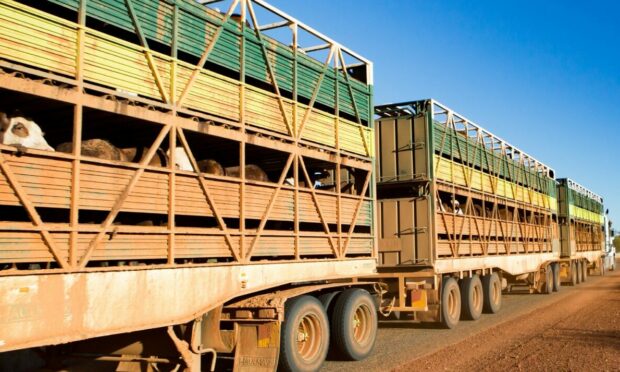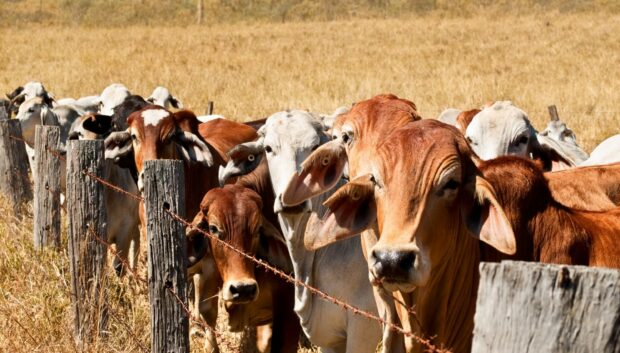UK farmers’ fears that Australia could flood the domestic market with cheap beef and lamb are “simply fanciful”, the House of Lords International Agreements Committee has been told.
The Australian High Commissioner, George Brandis QC, delivered a robust defence of the UK-Australia free trade agreement (FTA) when he gave evidence to the committee, and claimed that many of the farmers who are currently expressing concerns “are the very people who will in the long run be the beneficiaries”.
Mr Brandis insisted Australian beef and sheep exports are already fully subscribed by international contracts where the costs of transport are much lower than exporting to the UK, and suggested the debate in the UK has been “too focused on concerns and not enough on the opportunities to build markets”.
In response to a question about the possibility of exports being transferred from China to the UK, he said the two markets require very different cuts of meat.
“So a reduction of demand for Australian beef (in China) is not going to increase the appetite of the British consumer for cuts of meat they don’t buy,” he said.
Mr Brandis also dismissed criticism of Australia’s animal welfare regulations and claimed that because they are different to those in the UK, it shouldn’t be concluded that standards are lower.
He said that while Australia allows animals to be transported for up to 48 hours, it rarely happens except in remote Northern areas because the bulk of production takes place near local abattoirs.
He added: “However, as you’d expect, the cattle bred in those hot dry areas of the far North are extremely hardy beasts – much hardier because of the environmental circumstances in which they’re bred than the beasts in the UK – so it is deemed appropriate there should be a longer transportation time.”
The committee was also told the controversial practice of “mulesing” – cutting the skin around a Merino lamb’s tail to prevent flystrike – is being phased out and in 90% of cases pain relief is being used.
It has been condemned as unacceptable by the RSPCA.

